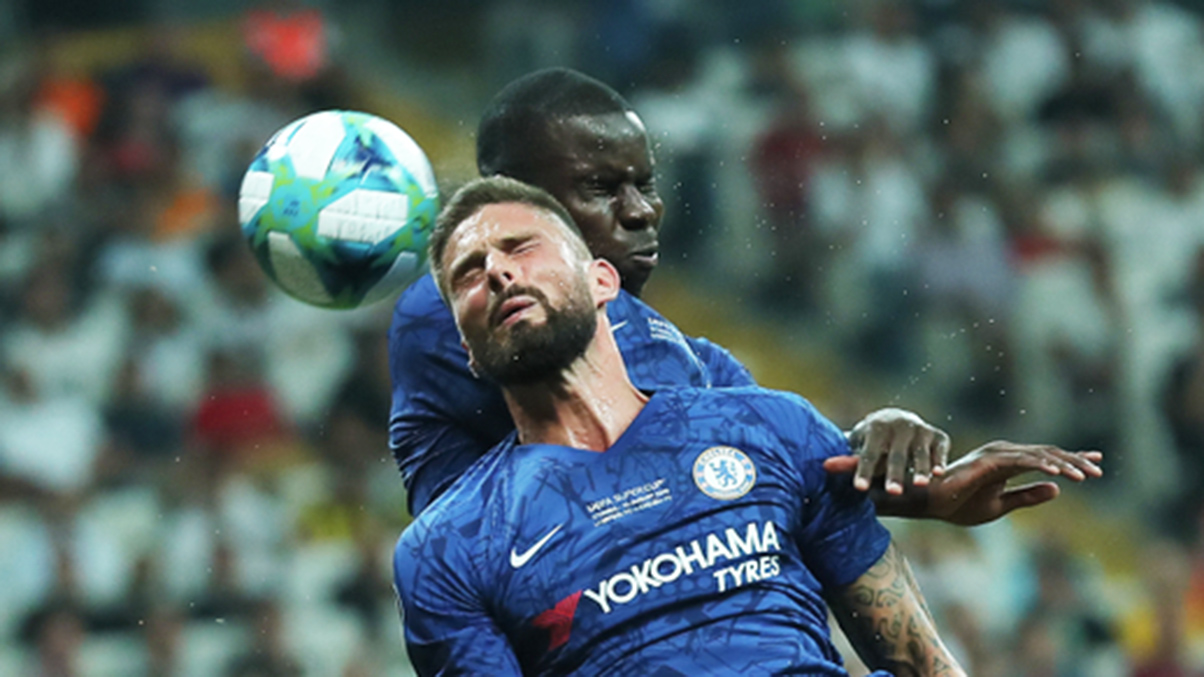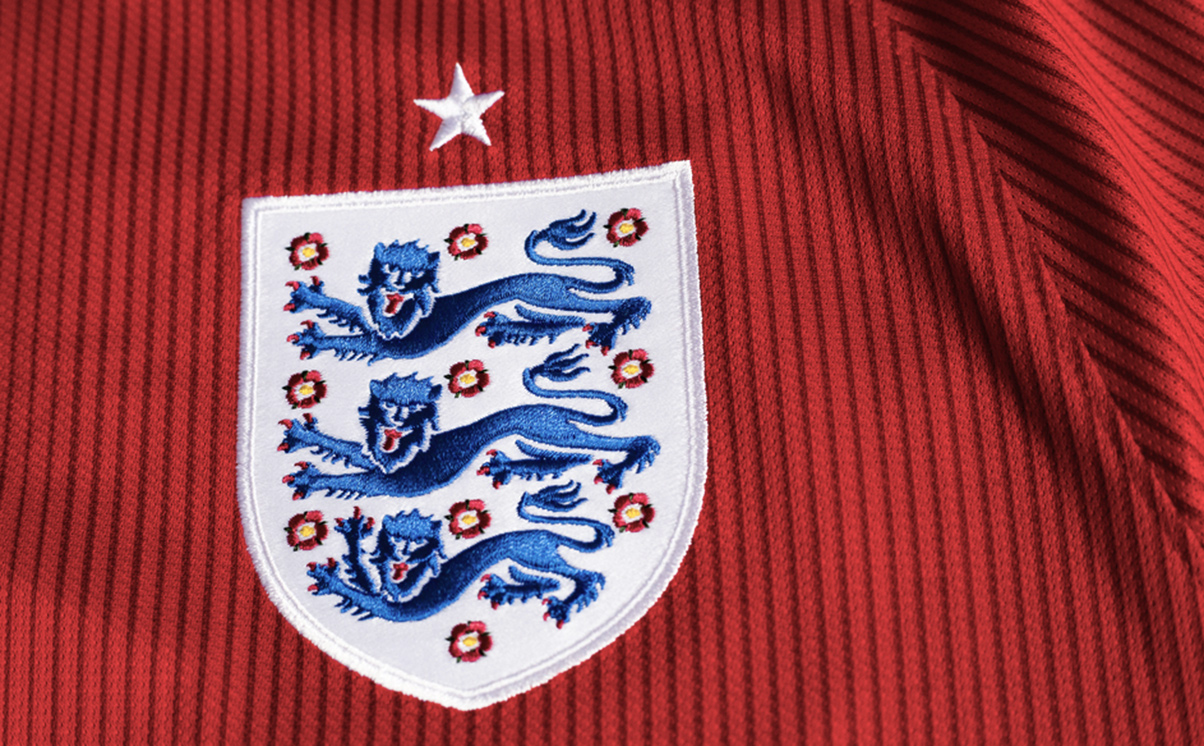Recent media reports suggest that a record 329 footballers, including Premier League players, are now under investigation by HMRC for suspected tax avoidance. This is more than triple the number of investigations started in the previous year. HMRC is also investigating 31 clubs and 91 agents.
David Pickstone, Lisa Vanderheide, Alex Lerner and Krishna Mahajan look at the issues driving the substantial increase in HMRC tax avoidance investigations and consider what football players, clubs and agents can do to protect themselves.
Background
HMRC investigations into football players, clubs and agents’ affairs are nothing new, but the substantial increase in the number launched this year will inevitably be a serious concern for anyone under investigation.
A key driver of the increase in investigations is HMRC’s assessment that there may be a significant amount of unpaid tax in football. We understand that an officer from HMRC’s fraud investigation team has been appointed to act as liaison to the FA’s Football Compliance Project. If correct, this would be a key indicator of how seriously HMRC is treating this issue.
The principal areas of focus for HMRC are likely to be player image rights and agents’ fees.
Image rights
Image rights include players’ legal rights over their image, name, likeness, voice, signature or other personal characteristics. Players can set up companies to sell or license their image rights to their clubs (or others). These companies then pay tax on the image rights at a lower rate (19%) than the players themselves would (45%). Rates may be even lower when offshore companies are used. This structure also offers clubs opportunities to reduce their tax bills.
Image rights can be extremely valuable to high-profile players. However, HMRC may investigate if clubs have made image rights payments to players despite having no real interest in exploiting their image rights commercially, or where clubs have acquired players’ image rights for amounts significantly in excess of their actual value. HMRC may, on these grounds, challenge image rights payments as disguised salary payments by clubs to players.
Agents’ fees
Agents’ fees are fees paid to agents for a variety of reasons, such as managing football transfers and negotiating player contracts.
From a tax perspective, it is important to identify the particular role an agent is undertaking to determine the extent to which services have been provided to both the player and the club. For example, where an agent is acting for a club and a player simultaneously under a ‘dual-representation’ agreement (i.e. when negotiating a contract) and the agent’s fees are paid by the club, there should be an accurate apportionment of fees between each party. Fees for work carried out on behalf of the player should be disclosed by the club as a taxable ‘benefit in kind’ on a form P11d and the taxable benefit should also be included in the player’s relevant Income Tax Return.
Data released by the FA suggests that the same agent acted for both a player and a club in over 60% of Premier League contract negotiations last season, and whereas clubs and players might have previously applied a ‘default’ 50:50 split to determine the taxable benefit for a player, HMRC has warned that this is no longer appropriate. HMRC’s view is that the actual benefit to a player is likely to be significantly more than 50%.
Protective measures
The number and scope of HMRC investigations into players, clubs and agents will likely rise in future seasons, so it is important to consider what protective steps can be taken.
When negotiating future deals, players, clubs and agents should take appropriate steps to determine the actual commercial value of image rights and ensure that relevant league rules are adhered to. Players and agents should also enquire as to whether clubs have clearly defined intentions or plans to exploit players’ image rights commercially.
Contractual documents should be clear about tax liabilities on agents’ fees. Clubs should maintain clear records regarding services rendered by agents, such that any information required to be provided for P11d purposes is supportable. Players may also wish to seek indemnities from their clubs to protect them against future tax liabilities that could result from any subsequent HMRC investigations.
Although image rights and agents’ fees are of particular interest to HMRC, clubs and players may have other issues under investigation. This may cause serious reputational issues, as seen recently in Spain.
For those already under investigation, the first step should be to instruct appropriate legal counsel to advise on the strategy and approach in response to HMRC’s investigation. If you are affected or concerned by HMRC’s investigations in this area and would like to discuss matters, please contact David Pickstone or Lisa Vanderheide.
You can find further information regarding our expertise, experience and team on our Tax Litigation and Resolution pages.
If you require assistance from our team, please contact us.
Subscribe – In order to receive our news straight to your inbox, subscribe here. Our newsletters are sent no more than once a month.






